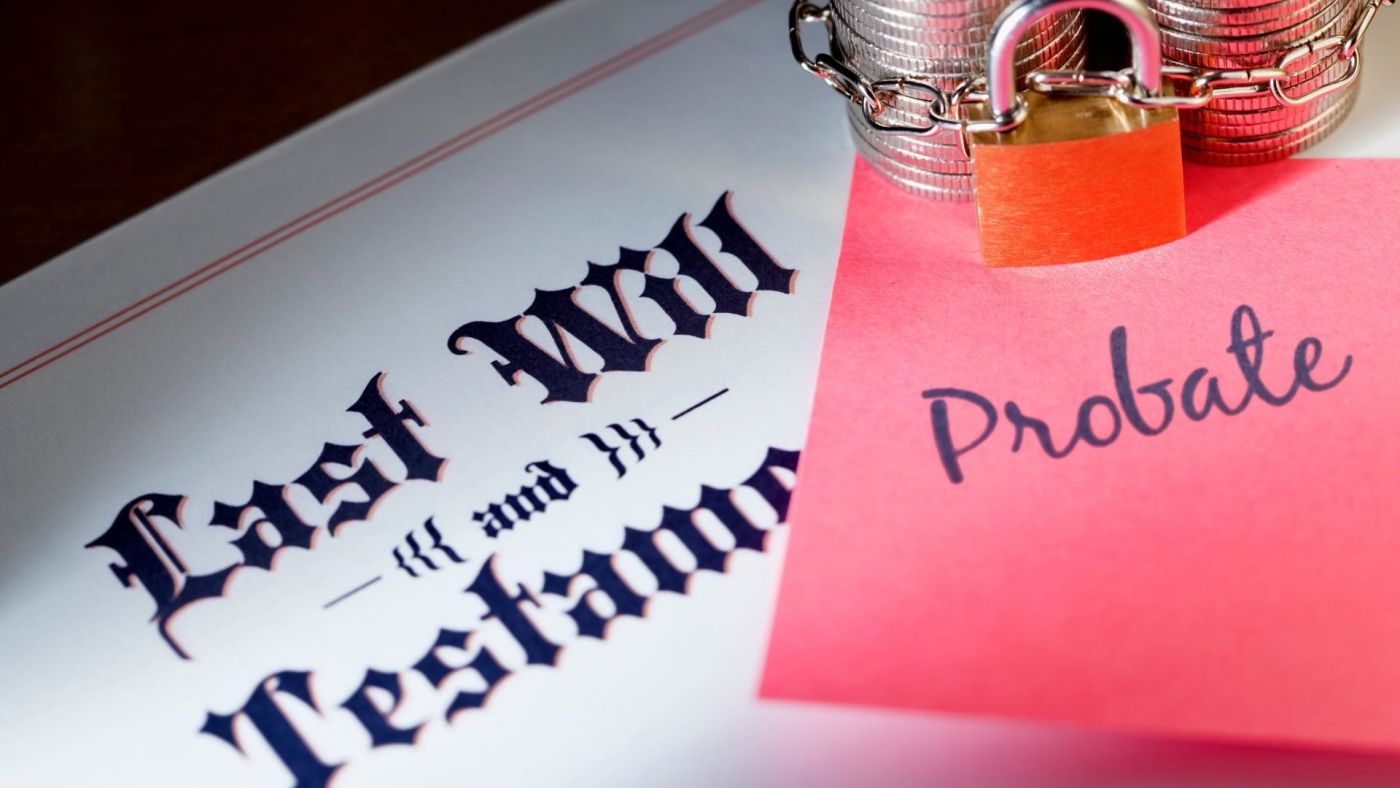
HOW TO AVOID PROBATE
There are two pools of people: those with estate plans, and those without. Those with an estate plan will be prepared for the future, and their loved ones will be protected and will benefit from a hassle-free trust administration. Those without will leave their loved ones to deal with lengthy and costly probate.
Probate is the government’s plan for your estate if you do not plan it yourself. It is a time-consuming, expensive court process to distribute a person’s assets. Who will have to endure this process? Your loved ones. It is a harrowing thought to plan for our demise, but when we have assets and people we love – it is essential. We want our loved ones to be protected and not burdened by a long, complicated court process. We want the peace of mind of knowing that when we do pass on, our loved ones will be ok and that our assets will go where we want them to go.
The best way to avoid the government’s involvement in our affairs is to create our own Estate Plan. You want to be the one that decides what happens with your assets.
What is an Estate Plan?
An Estate Plan is a collection of legal documents that defines your wishes regarding your assets, finances, health care, and guardians for your minor children. These documents include:
Revocable Living Trust
This is the most important document in your estate plan. It details your wishes regarding who will oversee your assets when you pass away, who will get your assets, and how they will get your assets. If you own real property, you must create a Trust to hold that property in order to avoid probate. Your Trust will hold your assets, such as your home, bank accounts, investments, etc.
It is crucial to properly fund your Trust with your assets, meaning, you must retitle these assets in the name of the Trust. For example, John Doe owns a home. John must deed his home from himself as an individual to himself as a Trustee of the John Doe Trust. It’s important to talk with an estate planning attorney to ensure that your assets are included in your Trust.
Pour-Over Will
When we have a trust, our Will is called a Pour-Over Will. That is because you are stating that you want all of your assets to be “poured over” into your Trust. For example, if you purchase another property after the creation of your Trust, and you accidentally forget to title that property in the name of your Trust, your Will states that it is your intention that the property is an asset of your Trust. This still requires a court proceeding, but it is not full-on probate. Also, if you have minor children, you will nominate their guardians should something happen to you.
Power of Attorney (Finance)
This document is important for emergency purposes. It is only operable when you are living and are unable to manage your financial affairs. Your designated Power of Attorney will be able to sell or buy assets, sign on your behalf, pay for your medical expenses with your funds, etc.
Advance Health Care Directive
Like the Power of Attorney, the Advance Health Care Directive is only operable when you are living and unable to make your own decisions regarding your medical care. You will designate an agent to make those decisions on your behalf. Within the document, you are able to detail your own wishes regarding life support, organ donation, burial or cremation, and other wishes you may have regarding your health care.
HIPAA Release
This document allows your health care agent and other people that you designate to receive your medical information.
All of these documents work together to protect you and your assets. It is important to have an experienced estate planning attorney evaluate your specific situation and tailor a plan, especially for you. We at Gomez Law, APC can help you with any Estate Planning needs you may have. Why not schedule your FREE consultation with our estate planning team? If you have any questions or would like more information, please contact mj@gomezlawla.com or call (855) 219-3333.